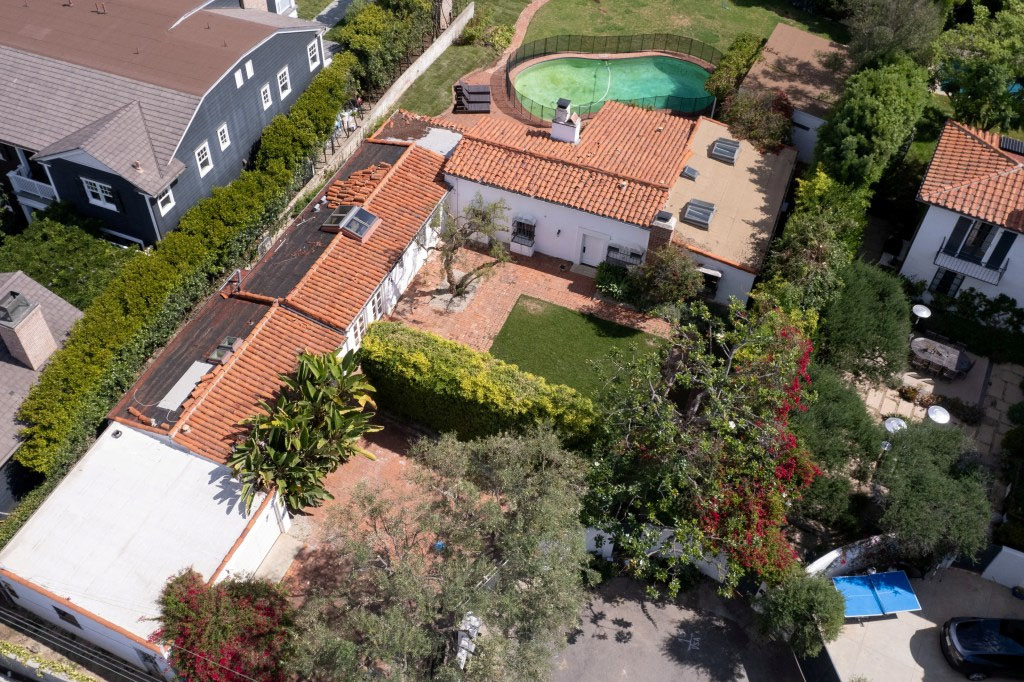
Photo Credit: Getty Images
In a significant move to preserve cultural history, Marilyn Monroe's former home in Brentwood, Los Angeles, has been designated a Historic-Cultural Monument. This decision by the L.A. City Council was unanimous, reflecting Monroe's enduring legacy and the cultural significance of her final residence. The designation comes despite initial plans by the current owners, Brinah Milstein and Roy Bank, to demolish the property. This new status protects the home from being torn down and ensures that it remains a part of Los Angeles' cultural heritage.
The decision to designate Monroe's home as a Historic-Cultural Monument has not been without controversy. Milstein and Bank, who purchased the home with the intention of demolishing it, are now challenging the City Council's decision. They argue that the designation disrupts their plans and property rights. However, the overwhelming public and historical sentiment supports preserving the home, given Monroe's iconic status and the property's place in Hollywood history.
Marilyn Monroe, one of the most iconic figures in Hollywood history, lived in the Brentwood home until her untimely death in 1962. The Spanish-style house, built in 1929, was Monroe's first and only home she ever owned. It has since become a symbol of her life and career, attracting fans and historians alike. The home's preservation ensures that future generations can connect with Monroe's legacy in a tangible way.
The public response to the preservation of Monroe's home has been largely positive. Fans and cultural historians have praised the City Council's decision, emphasizing the importance of preserving landmarks associated with significant historical figures. The home has been a site of pilgrimage for Monroe's fans for decades, and its protection as a cultural landmark only cements its status as a key piece of Hollywood history.
The decision also highlights broader efforts to preserve Los Angeles' architectural and cultural heritage. By protecting buildings with historical significance, the city ensures that its rich history remains accessible and appreciated by future generations.
As the current owners contest the decision, the future of Monroe's home may involve legal battles. However, the designation as a Historic-Cultural Monument provides a robust defense against demolition, making it likely that the home will remain preserved. This move sets a precedent for the protection of other culturally significant properties in Los Angeles, reinforcing the city's commitment to preserving its unique history.
The fight over Monroe's home underscores the ongoing tension between development and preservation in rapidly growing cities. As Los Angeles continues to expand, balancing these interests remains crucial to maintaining the city's historical and cultural fabric.
Marilyn Monroe's former home in Brentwood stands as a testament to her life and legacy. The L.A. City Council's decision to designate it as a Historic-Cultural Monument ensures that this iconic piece of Hollywood history remains preserved. While the current owners challenge the designation, public and historical sentiment strongly supports the preservation of Monroe's final residence. This decision not only honors Monroe's memory but also highlights the broader efforts to protect cultural landmarks in Los Angeles.
















